- IDP China>
- 课程库>
- 工程与技术>
- 工程>
- 土木工程>
- Doctor of Philosophy in Civil and Environmental Engineering - Pavement Engineering and Science
Doctor of Philosophy in Civil and Environmental Engineering - Pavement Engineering and Science

学历文凭
Ph.D.

专业院系
Department of Civil and Environmental Engineering

开学时间

课程时长

课程学费

国际学生入学条件
IDP—雅思考试联合主办方

雅思考试总分
6.5
- 雅思总分:6.5
- 托福网考总分:79
- 托福笔试总分:550
- 其他语言考试:Duolingo: 105 Pearson (PTE): 59 Cambridge: 176
CRICOS代码:
申请截止日期: 请与IDP联系 以获取详细信息。
课程简介
相关申请
 预科
预科 奖学金
奖学金 实习机会
实习机会 在校学习
在校学习 跨境学习
跨境学习 校园授课-线上开始
校园授课-线上开始 在线/远程学习
在线/远程学习
本校相关课程

Master of Music in Music Education
学历文凭
Masters Degree
开学日期
课程费用总额

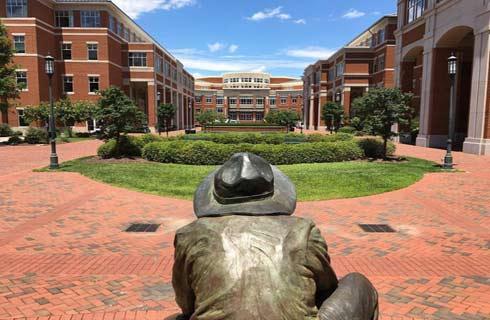
Master of Arts in Music
学历文凭
Masters Degree
开学日期
课程费用总额


Bachelor of Arts in Women's Studies
学历文凭
Bachelor Degree
开学日期
课程费用总额

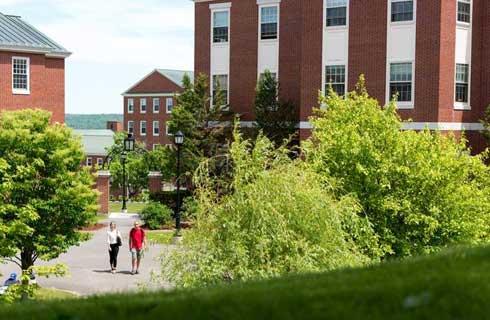
Bachelor of Science in Wildlife Ecology and Conservation
学历文凭
Bachelor Degree
开学日期
课程费用总额


Bachelor of Science in Veterinary Science
学历文凭
Bachelor Degree
开学日期
课程费用总额

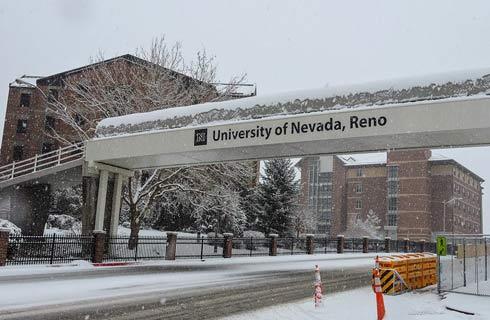
Doctor of Philosophy in Speech Pathology
学历文凭
Ph.D.
开学日期
课程费用总额

其他相关课程
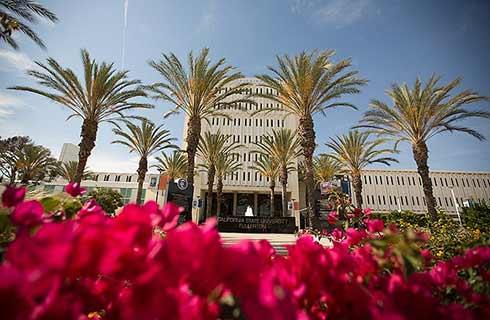
土木工程应用科学硕士
 滑铁卢大学
滑铁卢大学学历文凭
Masters Degree
开学日期
课程费用总额


土木工程应用科学学士学位
 滑铁卢大学
滑铁卢大学学历文凭
Bachelor Degree
开学日期
课程费用总额


土木与资源工程哲学博士
 达尔豪斯大学
达尔豪斯大学学历文凭
Ph.D.
开学日期
课程费用总额


土木与资源工程学硕士
 达尔豪斯大学
达尔豪斯大学学历文凭
Masters Degree
开学日期
课程费用总额


土木与资源工程应用科学硕士
 达尔豪斯大学
达尔豪斯大学学历文凭
Masters Degree
开学日期
课程费用总额

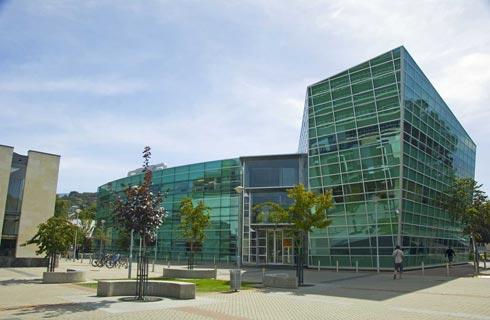
Advanced Diploma in Civil Engineering Bridge to UBC
 卡莫森学院
卡莫森学院学历文凭
Bachelor Degree
开学日期
课程费用总额










 美国
美国
